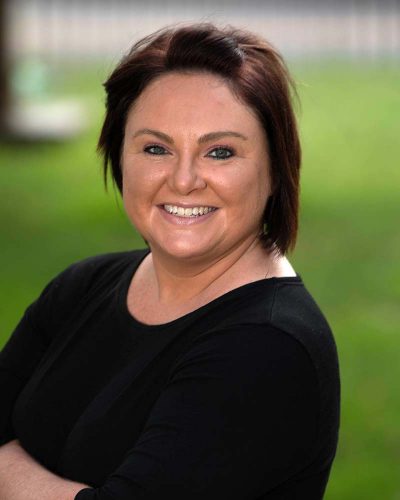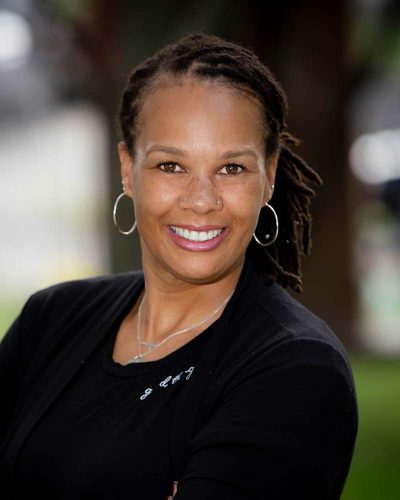The Community Services program provides home-based, therapeutic support and stabilization for individuals and families in need throughout Massachusetts.
IT IS COMPRISED OF PERSONAL, RELATIONAL, AND ENVIRONMENTAL COMPONENTS.
The Community Services program utilizes a trauma-oriented, strength-based approach to provide comprehensive services to individuals and families referred by the Department of Children and Families (DCF) or the Department of Developmental Services (DDS).
The Community Services program incorporates three distinct sub-programs: Comprehensive Support and Stabilization (CSS), Developmental Services (DDS), and the EAST Project. COMPASS Family Specialists and Clinicians work to develop, support, and strengthen the skills that individuals and families need to provide a safe and supportive environment for themselves and their children.
The Community Services program is a service that is action-oriented and responsive to specific, well-defined goals in conjunction with the evolving needs of individuals and families.
The program is not a prescribed service in which an individual or family needs to conform to a particular structure. Staff make contact with individuals and families as often as is requested or needed, when and where it is most convenient and constructive for the individual or family. Family Specialists and Clinicians conduct individual and family sessions to establish and/or enhance positive behaviors along with identifying and leveraging systemic strengths.
Personal Component
Staff engage with individuals and families in therapeutic services across an array of settings to learn and apply appropriate and healthy ways to process their feelings, emotions, and situations.
Relational Component
Staff partner with individuals and families to identify and continue to develop healthy, supportive relationships at home and in society.
Environmental Component
Fostering connections to community and natural supports has been crucial in establishing and/or enhancing stability for individuals and families.
COMMUNITY SERVICES Contacts

Louise Pacheco
Director of Community Services
Email Louise
(781) 424-1878

Takia Fields-Palmer
Clinical Director
Email Takia
(617) 388-1665


